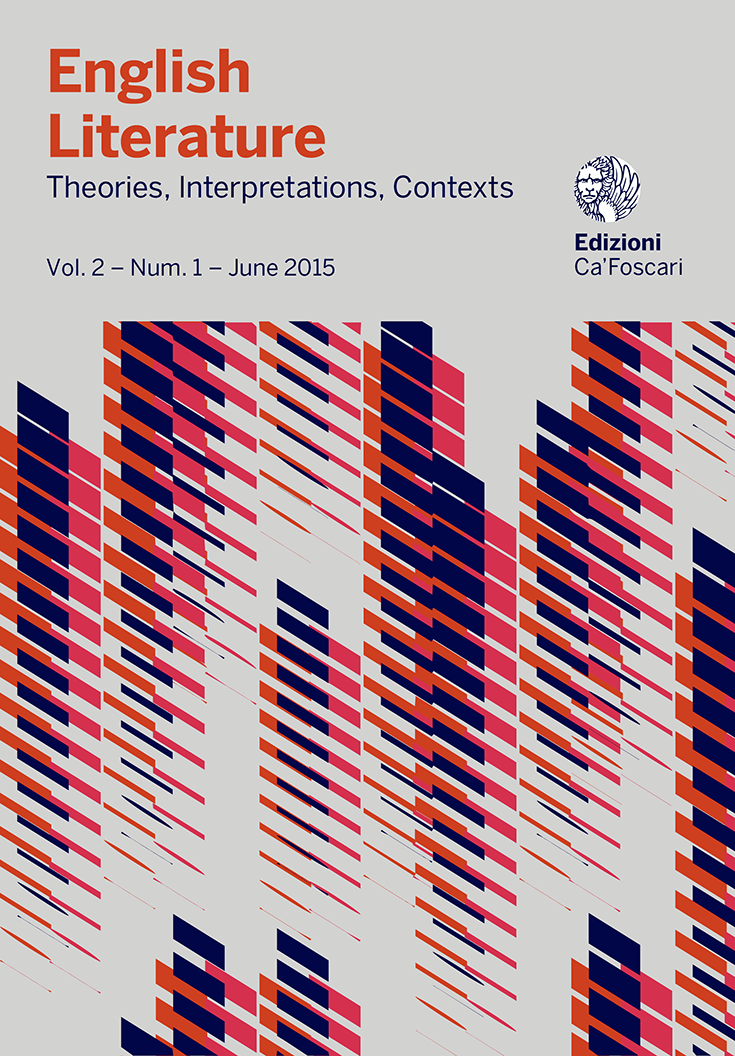
- search 384 views
- file_download 19 download
- keyboard_capslock metadata
-
mark_email_readIscriviti alla newsletter
«Nothing Better than Mirth and Hilarity»
Happiness, Unhappiness, Jest and Sociability in the Eighteenth Century
abstract
It has been claimed that the eighteenth century invented happiness – or at least, began to entertain the notion that secular happiness could be expected as part of virtuous Christian life. Studies of the notion of happiness in this period have tended to focus on the philosophical dimensions of the concept. This essay offers a different perspective, by considering jest book culture and the idea of mirth through reading. It had long been argued that melancholy could be driven away by sociable jollity, and the eighteenth century sees the development of this literary tradition, in a glut of publications designed to ‘purge melancholy’ and drive away care. Yet, as this article will demonstrate, the idea of becoming happy through laughing together was a complex one, necessitating a balance between laughing with and laughing at others. We can also see the way in which jovial sociability complicated ideas of contentment through retirement.